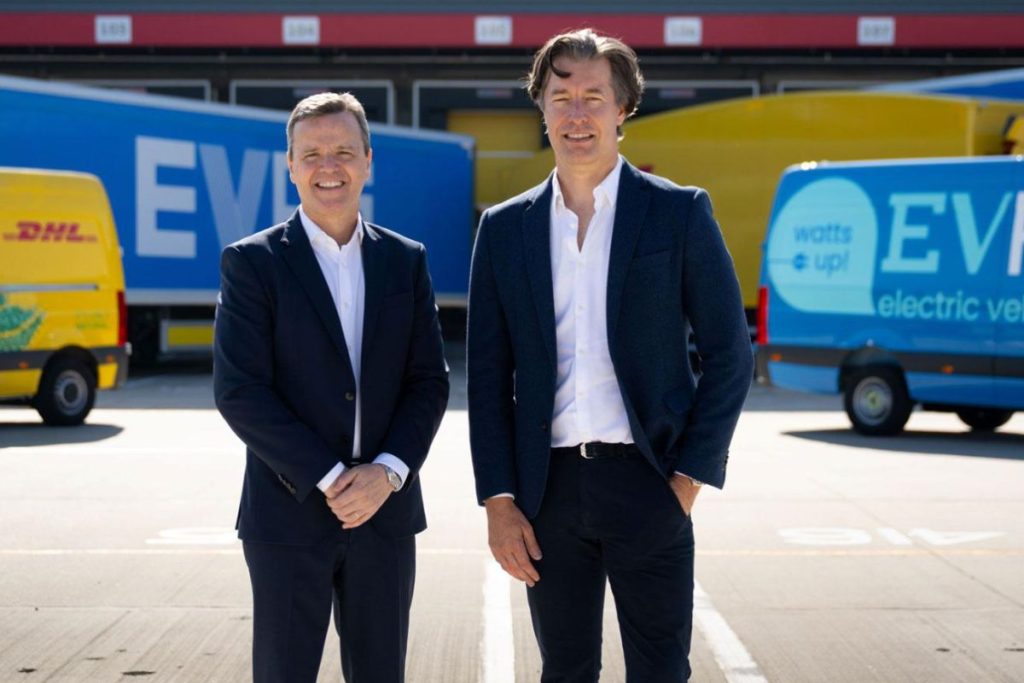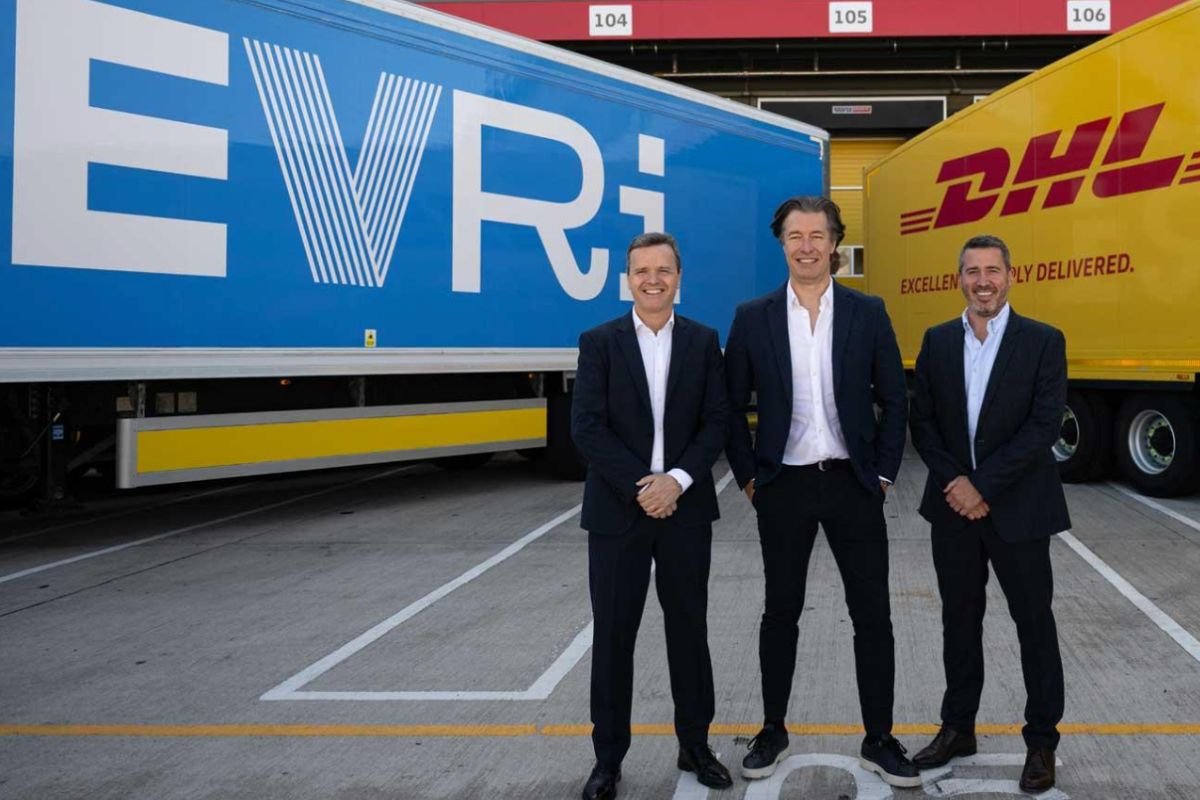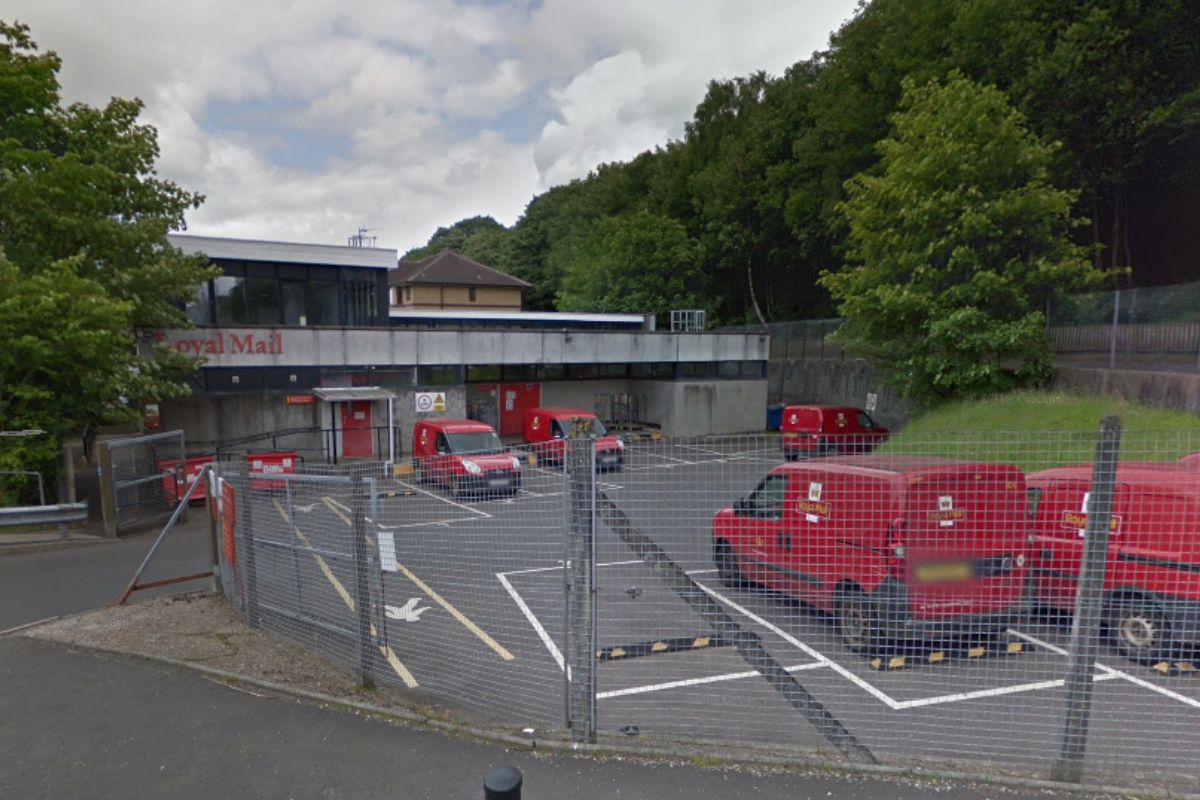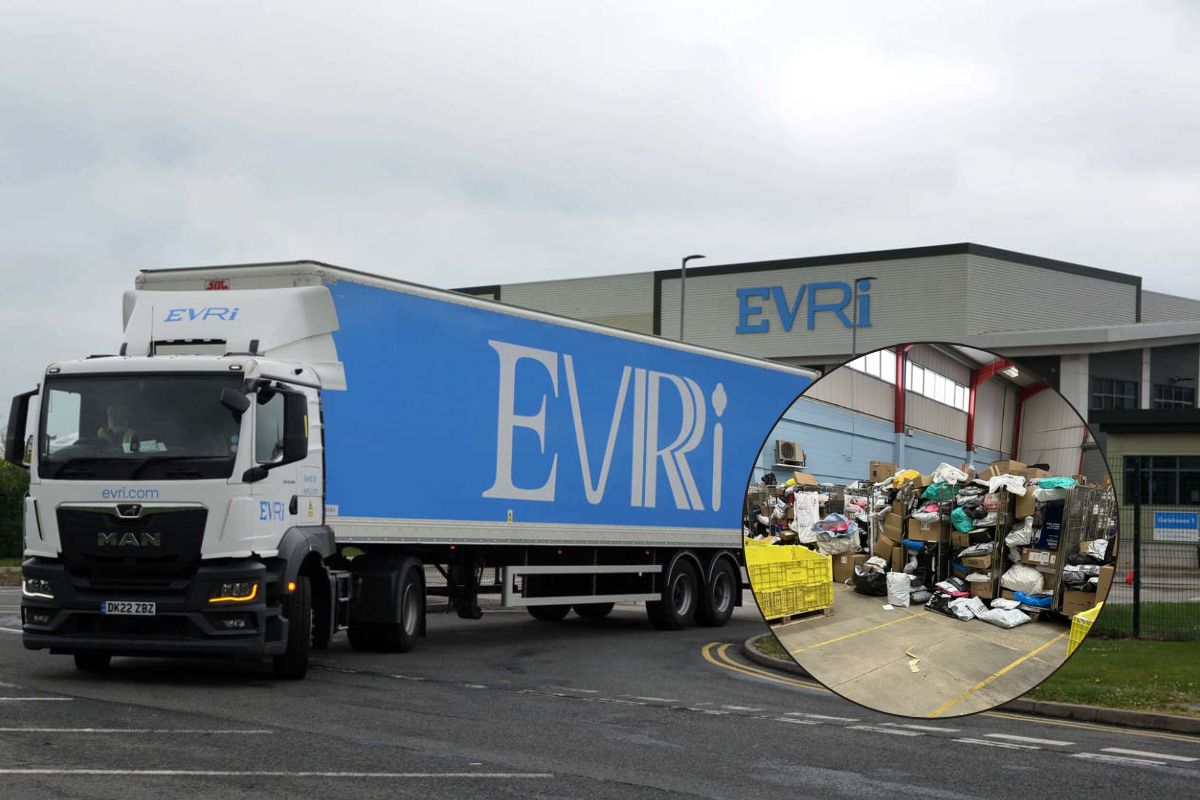Evri – a company whose name has become almost synonymous with misplaced parcels and garden hedge deliveries – has just announced a major strategic merger with DHL’s UK e-commerce business, creating what could become Royal Mail’s biggest rival to date.
The potential Evri DHL merger, announced today, will see the combined “Evri Group” handling over 1 billion parcels and 1 billion business letters annually, as DHL takes a “significant minority stake” in the courier notorious for its customer service woes.
But as the dust settles on this industry-shaking announcement, serious questions remain about how a company that struggles to safely deliver parcels will suddenly master the art of letter delivery – and whether those fancy robot delivery dogs they announced last month will be trained to use letterboxes.
From Hedge Deliveries to Letterboxes: Evri’s New Frontier
In perhaps the most surprising element of the deal, Evri will enter the business letter market for the first time, with DHL’s UK Mail retained in the new combined group.
This presents an obvious challenge: how exactly will Evri’s army of self-employed couriers, already stretched thin managing parcel deliveries, suddenly incorporate letter delivery into their rounds?
The logistics of turning parcel couriers into postal workers overnight remains conspicuously absent from the glowing press release.
Will couriers receive dedicated training on letter sorting and delivery? Will they carry separate bags for letters and parcels? And perhaps most importantly – what will the pay rate be for letter delivery?
Given Evri’s recent history of slashing courier pay rates (announced, coincidentally, on the same day they unveiled their robot dogs), it’s not hard to imagine letters being valued at mere pennies per delivery – hardly an enticing prospect for couriers already struggling with rising fuel costs and vehicle maintenance.
And speaking of those robot dogs – their much-hyped ability to “hop in and out of vans to deliver parcels” seems considerably less useful when dealing with thousands of letters that need to fit through narrow letterboxes.
Perhaps the next innovation will be robotic letter-delivering cats?
“Evri Premium” and High-Value Item Concerns
Under the new structure, DHL’s e-commerce business will be rebranded “Evri Premium – a network of DHL eCommerce” – handling high-value and time-sensitive deliveries with “enhanced shipping security protection.”
This creates a curious two-tier system: regular Evri for your everyday parcels that you don’t mind finding in your recycling bin, and Evri Premium when you actually need something to arrive safely and on time.
But serious questions remain about security. Evri has faced numerous accusations of parcel theft over the years, with social media awash with stories of mysteriously vanishing items.
Now that “Evri Premium” will be handling explicitly high-value goods, will there be enhanced security measures to prevent theft? The merger announcement is silent on this point.
Martin de Lange, Evri’s CEO, claims the merger creates “the pre-eminent parcel delivery group in the UK” – though whether this refers to volume or quality of service remains to be seen.

A Genuine Royal Mail Challenger Emerges
While Royal Mail adjusts to its new Czech billionaire owner, this merger represents the first time a competitor has been able to challenge the 508-year-old institution across the entire spectrum of mail services – from letters to premium parcels.
The combined operation will bring together more than 30,000 couriers and van drivers, 12,000 additional employees, and a fleet of 8,000 vehicles. They’ll also operate the UK’s largest out-of-home delivery network with 15,000 access points.
For comparison, Royal Mail delivered 1.3 billion parcels and 6.7 billion letters last year.
While Evri Group’s projected 1 billion parcels puts it neck-and-neck on package delivery, they’re still far behind on letter volume – suggesting that their entrance into the letter market may be more symbolic than substantive at this stage.
Regulatory Hurdles Remain
Before champagne corks start popping at Evri headquarters, the merger still requires approval from the Competition and Markets Authority (CMA), which could prove a significant hurdle.
The CMA has shown increasing willingness to scrutinize consolidation in key consumer sectors, and a merger that creates such a dominant player in the delivery market will undoubtedly face thorough examination.
With the InPost-Yodel merger currently facing its own legal challenges, the path to completion for Evri and DHL is far from guaranteed.
Unanswered Questions About the Evri DHL Merger
Despite the triumphant tone of the announcement, critical details about the merger remain shrouded in mystery:
- Exactly what percentage stake will DHL take in Evri? The announcement merely says “significant minority”
- How will letter delivery be integrated into Evri’s existing courier network?
- What will the pay structure be for couriers handling letters?
- How will high-value items be secured in the Evri Premium service?
- Will the merger result in job losses as operations are consolidated?
Perhaps most importantly, will this merger actually improve Evri’s notoriously poor customer service, or simply create a larger company with the same fundamental problems?
While Apollo Funds will continue to own the majority of Evri following the deal, bringing DHL – a company with a far better reputation for reliability – into the fold might force some much-needed quality improvements.
For now, customers of both Evri and DHL can only wait to see whether this corporate marriage results in better delivery experiences or simply creates a bigger, more efficient disappointment machine.
One thing’s certain – Royal Mail’s new Czech owner will be watching developments with keen interest, as the UK delivery landscape undergoes its biggest shake-up in decades.
Search for more information on essential services and delivery companies in our couriers section or check our retailer guides to see which delivery companies your favourite shops are using.




